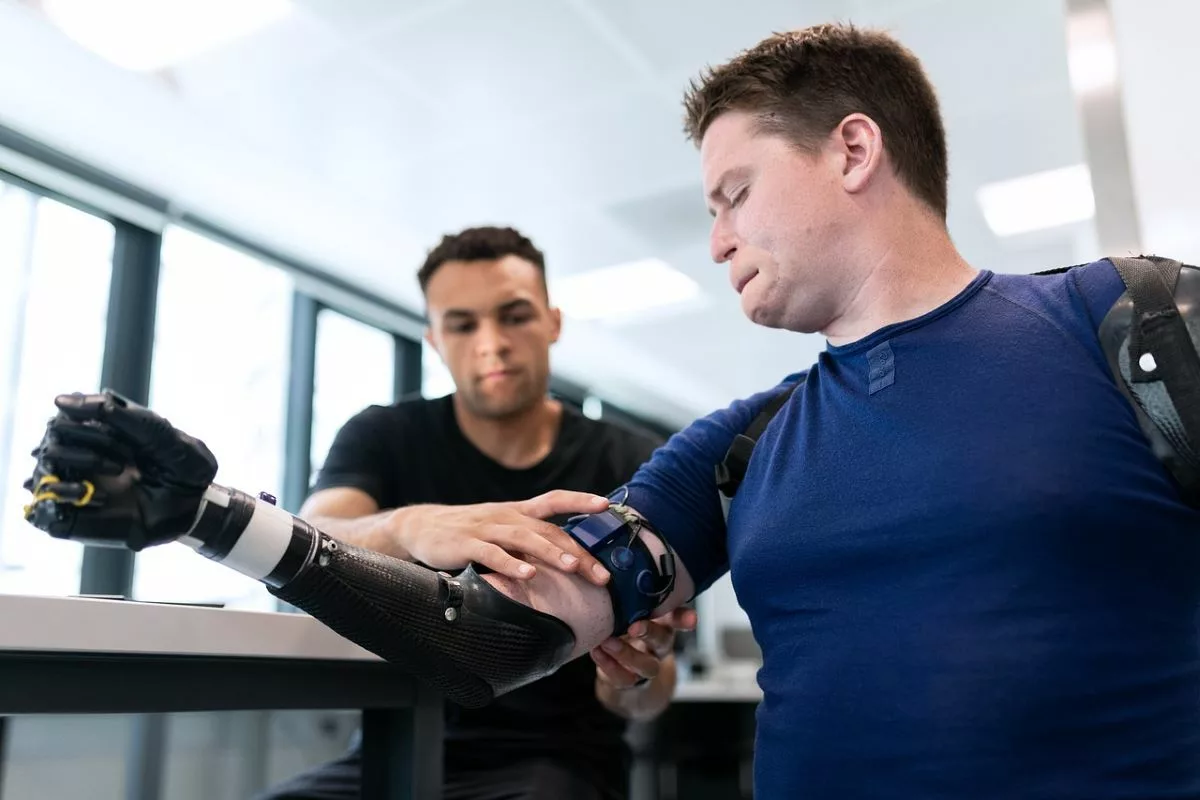Your job, your source of livelihood, can also become a source of misfortune in the event of unexpected accidents. In worst-case scenarios, such accidents might result in a tragic loss of life, while in other cases, they could lead to disabilities or minor injuries.
When faced with such situations, it's crucial to understand your rights. One such right is workers' compensation, a mandated insurance for employers in many states. Disability insurance helps replace income for disabled employees, allowing them to maintain their lives.
The interplay between workers' compensation and disability insurance can impact your recovery process, which we will explore in this article.
Understanding Workers' Compensation
Workers' compensation covers wages and medical benefits to employees who have suffered job-related injuries or illnesses. It is a requirement for most employers, though the specifics vary by state.
The core principle of workers' compensation is its “no-fault” approach, meaning employees can receive benefits regardless of who was at fault for the accident. As a compromise, it only covers medical bills, rehabilitation costs, and loss, leaving out pain and suffering.
Coverage also excludes certain categories of workers, such as independent contractors, volunteers, and employees of private homes in many states.
Unveiling Disability Insurance
Disability insurance is another protective measure for workers, serving as a buffer when an illness or injury prevents them from working. In general, there are two types – Social Security Disability Insurance (SSDI) and Supplemental Security Income (SSI).
SSDI benefits workers who contribute to the Social Security trust fund, while SSI supports individuals with disabilities and with limited income and resources, regardless of work history. Both programs are administered by the United States Social Security Administration.
Comparing Workers' Compensation and Disability Insurance
Both workers' compensation and disability insurance offer financial assistance to individuals unable to earn a living due to injury or illness, but they differ significantly in purpose, coverage, and eligibility requirements.
Workers' compensation applies specifically to job-related injuries, providing immediate benefits regardless of fault, and covers medical expenses and a portion of lost wages. However, it excludes certain categories of workers and does not account for pain and suffering.
On the other hand, disability insurance covers loss of income due to any disabling illness or injury, whether work-related or not. Both programs employ stringent eligibility criteria, assessing the severity and duration of disability.
Can I Apply for Both Simultaneously?
Yes, it is possible to apply for both workers' compensation and disability insurance simultaneously. Workers' compensation benefits kick in immediately after a job-related accident or illness unless the employer or the insurance company disputes the claim. This immediate coverage can provide significant financial relief during a challenging time.
In contrast, disability insurance benefits, whether it's SSDI or SSI, can take several months to be approved. As such, you may still receive workers' compensation benefits while awaiting your SSDI or SSI approval.
Once you start receiving federal disability insurance benefits, and depending on the specifics of your state's laws, your workers' compensation benefits might be reduced. This offset, or reduction, is designed to prevent “double dipping” or receiving full benefits from both programs simultaneously, which can result in total benefits exceeding your previous income.
Can Workers' Comp and Disability Benefits Run Out?
Workers' compensation and disability benefits typically run out when you no longer qualify, which is determined through periodic reassessments of your condition and ability to work. However, errors can happen, leading to premature termination of benefits. This could occur due to miscommunication, paperwork mistakes, or misconduct of the involved parties.
If you believe your benefits have been unjustly terminated, you have the right to appeal. Appealing requires solid evidence, including medical records substantiating your ongoing disability, testimonies from healthcare professionals, and any documentation showing errors or inconsistencies in the termination decision.
Seeking Professional Assistance
After a work-related accident, it's crucial to understand what comes next when injured at work because it is your understanding of these facts that will determine your ability to recover the benefits you deserve.
Although both programs are designed to provide aid seamlessly, you may encounter hurdles similar to those with other insurance claims. Missteps can delay your benefits or even result in a denial.
Engaging a disability lawyer who possesses in-depth knowledge of both systems can be invaluable. They can guide you through the process, ensuring you take the correct course of action to secure your financial future.
Final Words
As you navigate the complexities of workers' compensation and disability insurance, remember knowledge is power. The journey may be challenging, but it's a path towards securing your well-being and financial stability. With a firm grasp on your rights and possibly with legal assistance, your goal is achievable.
Image by RAEng_Publications from Pixabay
Follow me down the rabbit hole!
I'm Alice and I live with a dizzying assortment of invisible disabilities, including ADHD and fibromyalgia. I write to raise awareness and end the stigma surrounding mental and chronic illnesses of all kinds.








